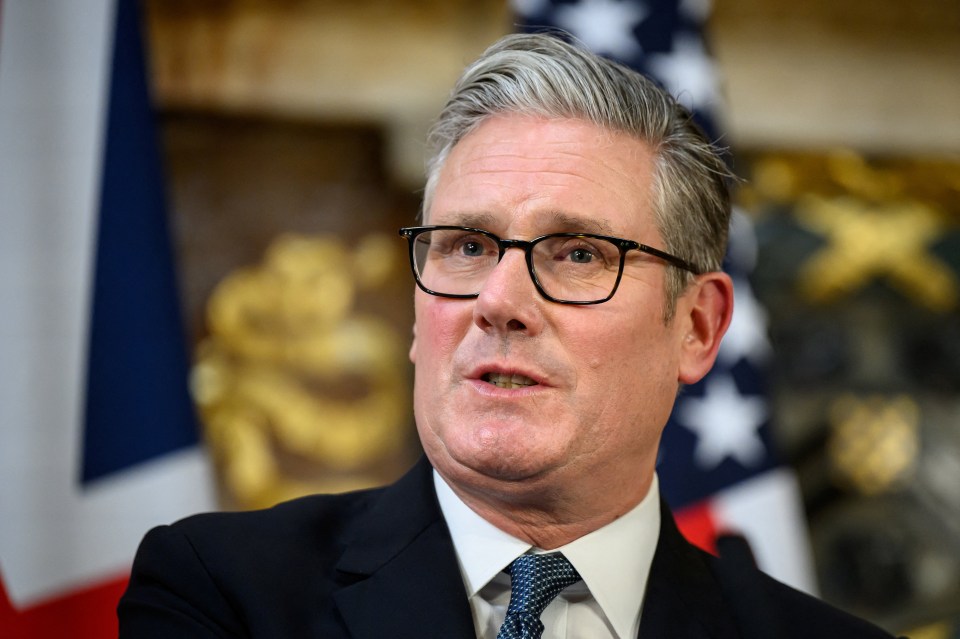KEIR Starmer will reportedly announce the launch of digital ID cards for Brits in just days in his bid to crack down on illegal immigrants.
Officials claim the PM is determined to push forward with the introduction of the digital ID scheme.
Starmer is expected to make the announcement as early as the next Labour party conference which starts September 28, according to the Financial Times.
Finer details of the scheme are understood to still be in the works, so this timeline could change.
But for him, the digital IDs could “play an important role” in making the UK less desirable as a place for migrants wanting come here illegally.
And ministers have been showing their increasing public support for the digital IDs in recent weeks.
New home secretary Shabana Mahmood shared earlier this month: “My long-term personal political view has always been in favour of ID cards.”
The system she suggested could “help with illegal working enforcement” and “deal with the pull factors that are making the UK a destination of choice” for many migrants.
Growing calls for the policy came after it was revealed that small boat migrants are brazenly breaking the law by working as Deliveroo and Just Eat delivery riders.
One component of the scheme looks to give every person who has a legal right to be in the UK a digital ID, which can be easily accessed on their phone.
This includes people with legalised immigration status and British citizens.
But the programme’s success will likely depend on everyone having the them.
If not, the government would have to be on top both the digital and paper system.
It is believed the digital IDs would most likely be used for checking people’s right-to-work and eligibility for a home rental contract.
But the scheme could also only be rolled out to a narrow group of people.
And plans may be reconsidered even further.
Nonetheless, a nationwide roll-out would not require a dramatic change for the public.
Speaking to the BBC, the Starmer said: “We all carry a lot more digital ID now than we did 20 years ago.”
More than half of Brits have been in favour of a digital identification system, according to a poll by More in Common last year where 53 per cent supported it.
A fifth said they would be against.
Sir Tony Blair’s attempted to roll out the compulsory ID cards in the 2000s but failed.
Now, former home secretary Yvette Cooper seems gotten on board too, after she resisted a universal digital ID scheme as a minister in Blair’s government.
In a new move as foreign secretary this month, Cooper announced the nationwide roll-out of e-visas to all foreign citizens.
They enable the government to conduct immigration status checks on immigrants generally.
This has raised questions about the usefulness of a digital ID scheme, as e-visas already can be used to check on immigrants’ rights.
Others have also wondered about whether health workers would then be required to check the immigration status of patients.
It comes after a new gov.uk app was announced earlier this year by former technology secretary Peter Kyle.
The app hopes to make it easier for thousands of Brits to access public services through their devices.
By the end of the year, the government also plans to launch a new digital wallet where people can keep their driver’s licenses and veteran ID cards.
A government spokesperson said: “We are committed to using tech to make it easier for people to interact with the state, learning from other countries on how best to deliver this for citizens.
“We will look at any serious proposals that would help people access public services, including digital ID.”















